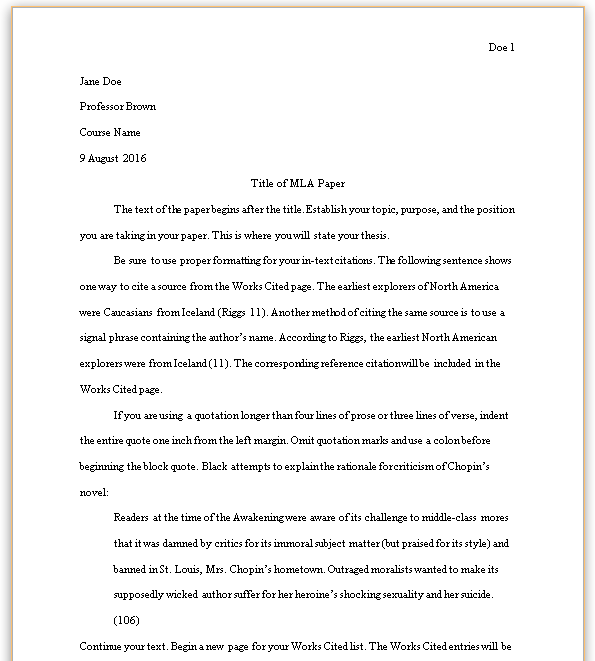Writing a Thesis: Key Components
- Understanding the Purpose:
- A thesis serves as the central argument or claim of your work. It articulates the main idea you will explore and supports throughout your research.
- Choosing a Topic:
- Select a topic that is both interesting and feasible. Ensure it aligns with your field of study and contributes to existing literature.
- Consider the scope of your topic—specific enough to be manageable but broad enough to find sufficient information.
- Conducting Research:
- Gather relevant sources, including books, journal articles, and credible online resources. Utilize academic databases like JSTOR, Google Scholar, or your institution’s library.
- Keep detailed notes and organize information that supports your thesis statement.
- Formulating a Thesis Statement:
- Your thesis statement should be clear, concise, and specific. It usually appears at the end of your introduction.
- Example: “Despite the popular perception that technology isolates individuals, it has actually fostered greater community engagement among diverse groups.”
- Outlining Your Thesis:
- Create an outline to organize your thoughts and structure your arguments. Typical thesis papers include:
- Introduction: Introduce the topic, present your thesis statement, and provide an overview of your argument.
- Literature Review: Summarize existing research related to your topic.
- Methodology: Describe your research methods, if applicable.
- Body: Develop the main points of your argument, with each section supporting the thesis statement.
- Conclusion: Summarize findings, discuss implications, and suggest areas for further research.
- Create an outline to organize your thoughts and structure your arguments. Typical thesis papers include:
- Writing the Thesis:
- Write clearly and cohesively. Ensure each section flows logically to the next.
- Use evidence to support your claims, citing sources appropriately to avoid plagiarism.
- Editing and Revising:
- Revise multiple drafts, focusing on clarity, logical flow, and coherence. Check for grammar and spelling errors.
- Consider peer reviews or feedback from advisors to improve your work.
- Formatting and Submission:
- Follow any specific formatting guidelines provided by your institution, such as APA, MLA, or Chicago style.
- Ensure you meet submission deadlines, and keep backups of your work.
Conclusion
Writing a thesis requires careful planning, research, and revision. By effectively articulating your central argument and supporting it with thorough research, you contribute to academic discourse and develop critical thinking skills that are invaluable in any field. Good luck with your writing! If you have more specific areas you’d like me to elaborate on, please let me know!
Don't use plagiarized sources. Get Your Custom Essay on
Writing a Thesis: Key Components
Just from $13/Page


